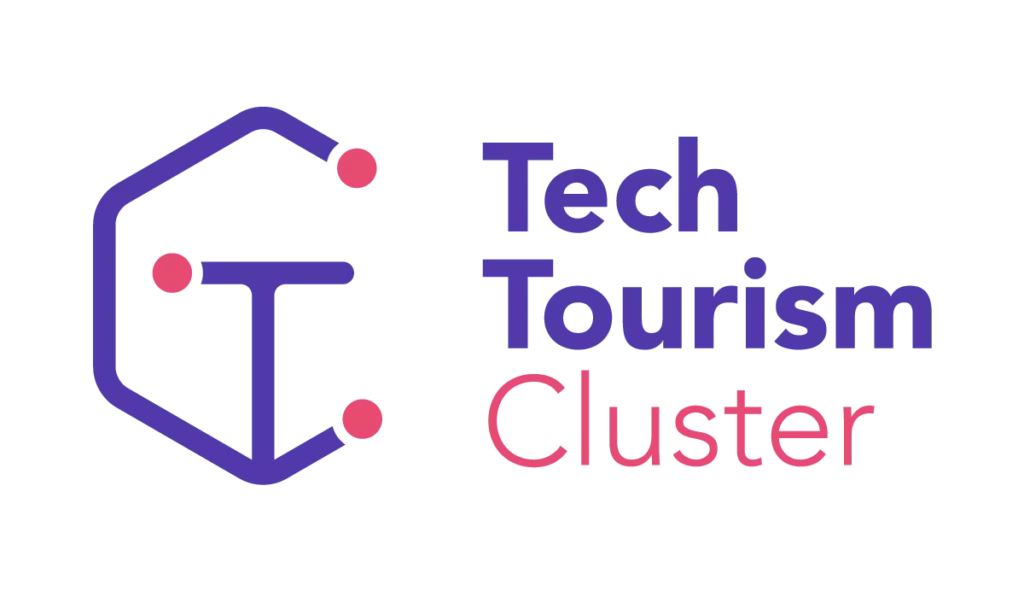SEO in the tourism sector is essential for hotels, rural houses, and travel agencies to attract clients and stand out in an increasingly competitive market. In this article, we explain the best strategies and techniques that top SEO professionals use to rank tourism businesses at the top of search results. If you manage a business in the tourism sector, this is for you!
What is Tourism SEO?
Tourism SEO refers to the set of strategies and techniques for organic search engine optimization aimed at improving the online visibility of tourism businesses such as hotels, rural houses, travel agencies, and other related services. The goal is to attract more users who are searching for accommodations, activities, or services related to tourism.
Benefits of SEO for Tourism
- Increased online visibility: Improving your ranking on Google means your business will appear in top search results, leading to more web traffic.
- Attract qualified traffic: People searching for specific tourism-related terms typically have a high intent to book or purchase.
- Reduced advertising costs: A well-executed SEO strategy reduces the need for paid ads, such as Google Ads.
- Improved online reputation: Appearing in top search results enhances your brand’s perception.
SEO Strategies for the Tourism Sector
The following are the most effective SEO strategies for tourism, based on the expertise of top professionals in the field, such as the experts at Mindset Digital.
1. Keyword Research Specific to Tourism
Keyword research is essential for identifying the searches users are making related to tourism. Here are some examples of keywords you can consider:
- “hotels in [city]”
- “rural houses in [tourist area]”
- “flight deals to [destination]”
- “travel agencies in [city]”
Using tools like Ahrefs, Semrush, or Google Keyword Planner can help you discover keywords with high search volume and low competition.
2. Content Optimization for Tourism
It’s crucial to create high-quality content that is not only optimized for search engines but also adds value to users. Some content ideas include:
- Detailed travel guides for the areas where you operate.
- Lists of tourist activities, local restaurants, or events.
- Attractive visual content (photos and videos) that showcases the experience of staying at your hotel or participating in the activities you offer.
Creating blogs or news sections on your website is also an excellent way to generate new content and maintain relevance.
3. Local SEO for the Tourism Sector
Local SEO is key for tourism businesses, as many users perform location-specific searches. Make sure to:
- Register your business on Google My Business.
- Include your address and phone number on your website, along with a map.
- Encourage your customers to leave positive reviews on Google.
You should also optimize your website pages with local and geo-targeted terms to attract traffic specific to the region or city where you operate.
4. Internal and External Linking
Internal linking helps search engines understand the structure of your website and improves the user experience. Ensure that the most important pages on your site receive internal links from other relevant content pages.
As for external linking, seek opportunities to earn links from other tourism-related websites, travel blogs, and specialized media outlets. High-quality backlinks are crucial for improving your site’s authority.
5. Mobile Optimization and Page Load Speed
More than 50% of searches in the tourism sector are made from mobile devices. It’s essential that your website is fully mobile-optimized and loads quickly. Google prioritizes websites that offer a good user experience, and page load speed is a crucial ranking factor.
6. Use of Structured Data
Implementing structured data or schema markup is an advanced SEO technique that allows search engines to better understand the information on your page. For the tourism sector, structured data can include information about pricing, ratings, and room availability, which will improve your visibility in search results.
Success Stories in Tourism SEO: Mindset Digital
At Mindset Digital, we have worked with numerous tourism companies to improve their online presence. Thanks to the experience of our senior team, led by Hugo Palomar and Albert López, we have implemented strategies that have resulted in significant growth in organic traffic and online bookings.
Frequently Asked Questions about SEO for the Tourism Sector
SEO is a medium- to long-term strategy. Initial results can appear in about 3-6 months, but ongoing optimization is key to maintaining growth.
It’s not mandatory, but having a well-optimized blog can help generate relevant content and attract qualified traffic to your site.
Yes, local SEO is crucial for tourism businesses since many searches include specific geographic terms, such as “hotels in Barcelona” or “rural houses in Asturias.”
The ideal strategy is to combine both. Organic SEO generates sustainable long-term traffic, while paid ads can deliver quick results.
Reviews are key, as they improve your online reputation and can directly influence user decisions. Additionally, Google values businesses with frequent, high-quality reviews.
Conclusion
SEO for tourism is an essential tool for standing out in a highly competitive sector. Implementing well-defined strategies such as keyword optimization, local SEO, and valuable content creation will help you attract more qualified traffic and increase bookings. At Mindset Digital, we have extensive experience in managing SEO projects for the tourism industry and can help you improve your business’s visibility in the market.








